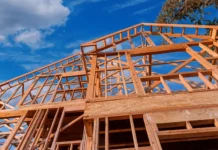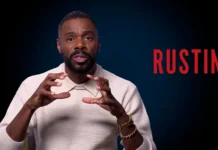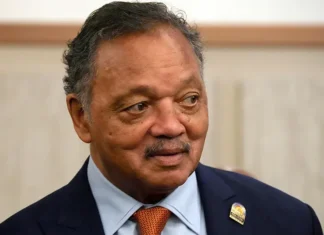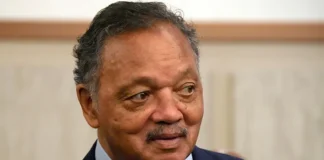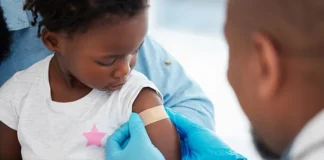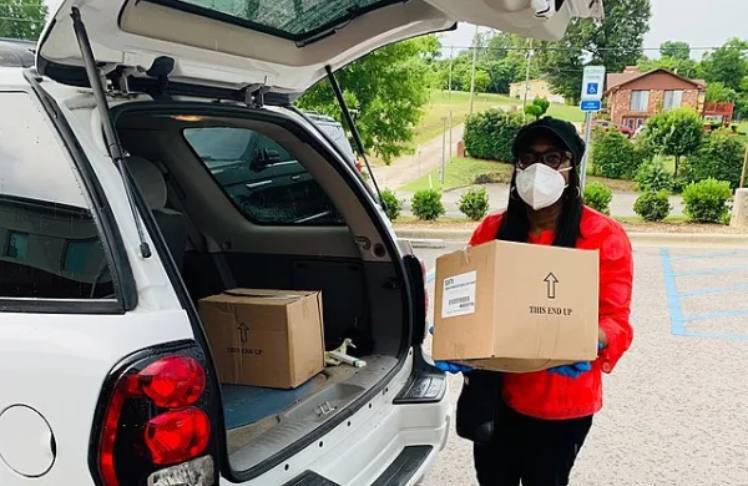
March marked the third anniversary of the nation shutting down schools and issuing stay-at-home orders because of COVID-19 and its variants.
Despite the anniversary, COVID-19 has all but faded from the headlines, buried beneath news of military invasions, Hollywood’s latest scandal, and inflation at the grocery store. However, the emotional, social, economic, and political toll of the pandemic is still being experienced, which makes it a challenge to calculate the comprehensive impact of it.
Think back to how, in March 2020, the full force of the coronavirus revealed itself, along with all of our social and healthcare shortcomings. It did not help the nation’s response to the pandemic that we had a sitting president with no belief in science.
We had no comprehension of what was coming. None.
Official reports set COVID-19 deaths at over one million in the U.S., and nearly 104 million known cases. With such catastrophic results, what did we learn about ourselves and this country?
We knew there were unaddressed racial disparities in health care prior to the pandemic. Black, Brown, and poor communities were predisposed to the ravages of the virus. We saw the cracks in the healthcare system become gulfs as we witnessed inaccessibility to treatment and resources. We witnessed the virus show up in institutions where residents could not escape — like prisons and nursing homes — taking the lives of easy prey.
We learned that when we don’t get what we want when we want it, we become cranky, impatient ingrates. We saw that companies readily put profits over the safety of their workers, often forcing them to work without adequate protection from the virus. We saw shoppers fighting over the last package of toilet paper. We burned through first responders, hospital workers, teachers, and others because we refused to wear masks and get vaccinated, which helped the number of COVID-19 cases and deaths skyrocket.
We also learned that we can be kind, disciplined, and creative. We heard and saw countless incidents of humans bringing food, medicine, and joy to others — masked up and socially distanced. We found ways to use Zoom beyond the dreaded meetings for the job, like setting up musical concerts with people around the world. In times of isolation and silence, we tapped into unexplored realms of our being and discovered new hobbies and new careers. We learned how essential family, friends, and nature are to our overall well-being. We understood our interconnectedness in deep and practical ways.
There are still plenty of unknowns. Nearly 35% of small businesses didn’t survive the pandemic, and another hefty percentage are still struggling for viability. We don’t know what the implications of long COVID will be on individual families or the economy, particularly the labor market and the healthcare system. For our psychological and emotional support, it seems like the thinking is more cannabis dispensaries for self-medication.
I would love to believe that there are some think tanks convening to look at what happened, how we can come out of this whole, and how we’ll be better prepared for the next pandemic. I’m not putting much faith in corporations and government bureaucracies to tackle this in the name of humanity.
Families figured out ways to stay in touch with one another during the crisis. Some are making financial provisions for future catastrophes, realizing they could’ve been better prepared to deal with some of the different and additional expenses incurred.
Families — they represent the hope for being ready to take on the next big thing with more insight, more tools, and more determination. Their unconditional love for family will be our salvation. And that’s where my faith lies.
Jamala Rogers is a columnist for The St. Louis American and one of the founding members of the Organization for Black Struggle based in St. Louis.



